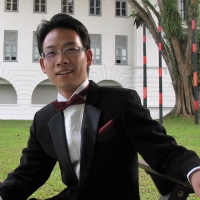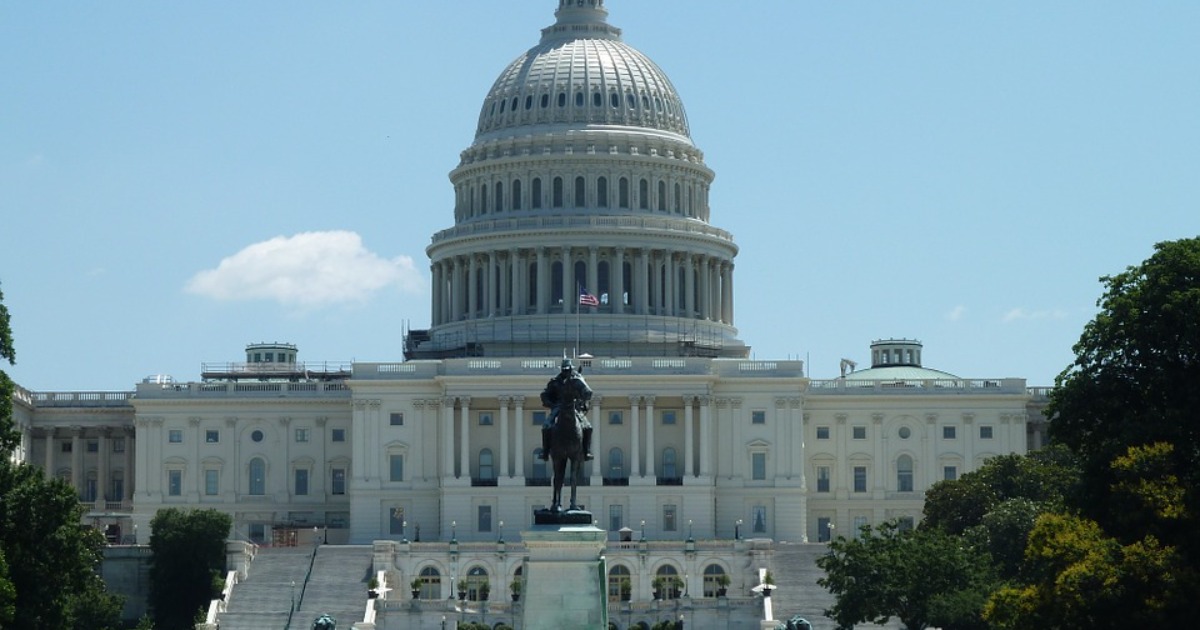Why Hong Kong is Unhappy
A rich business society, but with a suffering majority.
October 5, 2013

In September, the University of Hong Kong’s Public Opinion Program (POP) released the latest Public Sentiment Index (PSI).The index has a range between 0 and 200and now registers at the lowest at 66.7 since May 2003.
In a similarly dispiriting reading, when the United Nations (UN) Sustainable Development Solutions Network (SDSN) published the World Happiness Report 2013 Hong Kong only ranks the 64th happiest among 156 countries, far behind its Asian peers Singapore (30th), South Korea (41st), Taiwan (42nd) and Japan (43rd).
Why Hong Kong is so unhappy? According to the survey, Hong Kongers are generally unhappy with their overall social environment and governance.
The UN report reveals a key finding that “being poor among rich can be particularly rough.” A similar phenomenon is visible, for example, a world away, in Bulgaria. A poor member of the generally rich European Union, its population is deeply unhappy (144th rank), behind Afghanistan (143rd), Yemen (142nd), and Iraq (105th). Most Bulgarians resent a grossly unfair income distribution. The majority of Hong Kong people are facing the same dilemma.
In terms of GDP (PPP) per capita, Hong Kong is the 8th richest economy. However, according a report published by the Census and Statistics Department, Hong Kong’s Gini coefficient, an income inequality measure, jumped to 0.537 in 2011 from 0.525 in 2001. That is far above the international “warning” line 0.4.
Meanwhile, the average monthly gross household income of the poorest 10%fell by 16% to HK$ 2,170 in 2011 from HK$ 2,590 in 2001.
At the same time, Hong Kong is becoming too more expensive for living. Property prices have risen more than 80% from 2009, while rice prices have more than doubled and the nearly tripled vegetables prices since 2001.
Since the return to China in 1997, Hong Kong’s political climate has significantly changed and become more and more confrontational, especially recently.
The Occupy Central (2014) campaign for universal suffrage (普選) has politically divided the Hong Kong society. The division has undermined Hong Kong’s good reputation as an international trade and financial hub.
The continuous rally against Chief Executive Leung Chun-ying and a series of anti-Beijing protests have shown the deep unease about an uncertain future of Hong Kong, with both pro- and anti- government sides differing in the interpretation of democracy. It is not clear if such confrontational politics can result in a sustainable solution, but Hong Kong’s people can hardly be happy when their daily lives are full of confrontations.
According to the recent POP poll, more and more Hong Kong people prefer their identity as ‘Hong Konger’ rather than ‘Chinese’. The finding indirectly reveals Hong Kongers’ resentment over living “annexed” by mainland China.
It is also understandable that Hong Kongers feel more uncomfortable when their daily lives are disturbed by the dramatic increase in the number of mainland visitors.
However, it is also beyond dispute that Hong Kong’s economy has benefited tremendously from the booming tourism. Therefore, Hong Kongers may have to make a choice between undisturbed lives and tourism related GDP increase.
Happiness is basically an emotional perception. Usually people feel happy not because they obtain more but demand less. If you cannot change the external environment to favor you, you may have to try to adjust your own mindsets so as to live happily.
Takeaways
According to polling, Hong Kongers are broadly unhappy with their overall social environment and governance. Why?
Most Bulgarians resent a grossly unfair income distribution. Hong Kongers are facing the same dilemma.
It is understandable Hong Kongers feel their daily lives are disturbed by the rising flood of mainland visitors.
Hong Kong benefits tremendously from booming tourism. Residents must choose between tourism revenue and isolation.
Happiness is an emotional perception. People feel happy because they demand less, not because they have more.
If you cannot change your environment to favor you, you may have to adjust your own mindsets to live happily.

